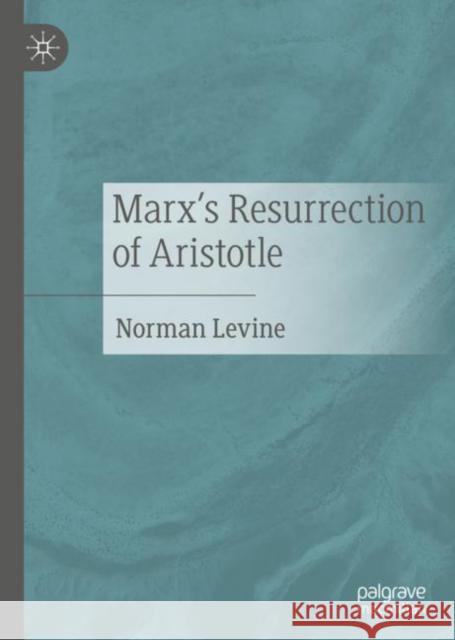Marx's Resurrection of Aristotle » książka
topmenu
Marx's Resurrection of Aristotle
ISBN-13: 9783030570347 / Angielski / Twarda / 2021 / 354 str.
Marx's Resurrection of Aristotle
ISBN-13: 9783030570347 / Angielski / Twarda / 2021 / 354 str.
cena 483,04
(netto: 460,04 VAT: 5%)
Najniższa cena z 30 dni: 462,63
(netto: 460,04 VAT: 5%)
Najniższa cena z 30 dni: 462,63
Termin realizacji zamówienia:
ok. 16-18 dni roboczych.
ok. 16-18 dni roboczych.
Darmowa dostawa!
Kategorie BISAC:
Wydawca:
Palgrave MacMillan
Język:
Angielski
ISBN-13:
9783030570347
Rok wydania:
2021
Wydanie:
2021
Ilość stron:
354
Waga:
0.54 kg
Wymiary:
21.59 x 19.56 x 2.29
Oprawa:
Twarda
Wolumenów:
01











